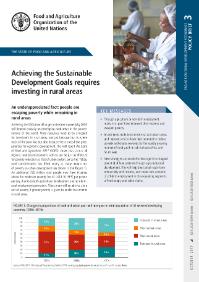Plan Nacional de Desarrollo 2017-2021.
El Plan Nacional de Desarrollo es un instrumento multi-sectorial de alcance nacional, relativo al período 2017-2021, que establece nueve objetivos estructurados en torno a tres Ejes principales, a saber: 1) Derechos para todos durante toda la vida; 2) Economía al servicio de la sociedad; 3) Más sociedad, mejor Estado.




